Through a survey conducted with digital tools, we communicated with more than 800 male and female workers in the Latin American cane sugar industry in 2021. This has provided us with data and vital information about labour conditions in the value chains of the region. Using digital tools to conduct our survey is unprecedented in the region and has created new ways of engaging with workers.
Now we're presenting the results of the first year through a Dashboard with clear graphs so you can explore some of the most relevant findings.
For quick access to this Dashboard, click to the yellow contents index.
DATA INVESTIGATION
First annual report for the Latin American sugar cane sector
Obtaining vital information about labour conditions with participatory digital monitoring tools
In 2021 CNV Internationaal launched this Labour Rights Observatory for the sugar industry. We started conducting a groundbreaking survey in Latin America using digital tools. As a result, more than 800 men and women workers from the sugar industry in Latin America were able to participate, providing us with data and vital information on labour conditions in the cane sugar value chain of the region.
"In the last 20 years, global consumption of cane sugar has increased by almost 40%, reaching a volume of 193.2 million tons in 2020 and is expected to continue to grow.
Sugarcane: A Growing Sector
Sugarcane is one of the most productive industries in today’s world. Sugar is in high demand and is one of the most consumed agricultural products. Trends regarding labour rights within the chain seem to be heading in the right direction, with advances in terms of social dialogue and health and safety conditions. However, there is still work to be done. We now need to see workers, companies, and organizations come together in a joint effort towards change.
Current research confirms that this industry will continue to grow, making cooperation in the value chains even more vital. SOMO, the Centre for Research on Multinational Corporations, tells us in their recent article, 'Bittersweet: Sustainability Issues in the Sugarcane Supply Chain', that "In the last 20 years, global consumption of cane sugar has increased by almost 40%, reaching a volume of 193.2 million tons in 2020 and is expected to continue to grow. This growth is due in part to the relative immunity of this and other sectors of the food and beverage industry to economic fluctuations."
Labour Observatory
For this reason, in 2021, CNV internationaal started an alliance with Profundo research to work with trade union associations in Latin America. Together we have come up with ways to generate space for dialogue to analyze labour conditions in the region’s sugar chain. We were able to further develop the Participatory Digital Monitoring survey during the pandemic, thanks to virtual tools which we implemented through the KoBoToolbox platform. The voice-to-voice strategy snowballed, as it was possible to collect the voices of more than 800 workers.
This exercise has turned out to be a step forward in the arduous task of achieving honest and direct social dialogue that includes everyone.
Labour Issues
The Observatory of Labour Rights in the sugar chain addresses fundamental principles that should be included in the industry's labour regulations and certificates. These are principles that have already been outlined in the conventions of the International Labour Organization (ILO). They include many topics, including living wages, freedom of association, working conditions for outsourced or subcontracted workers, health and safety conditions at work, and gender equality in the workplace.
Transparency
We are proud to present the first publication of its kind for the sugar sector. The information in this publication constitutes a baseline. Moreover, the tool has been set up in ways that allow us to continue adding to it, which will further enable us to recognize situations and trends, both positive and negative, over the years. This information will also be very useful for improving transparency in the sector in relation to compliance with international standards. It is not only applicable in case of due diligence, but also for improving the quality of social dialogue between employers and workers on labour conditions.
We are aware that this is only the beginning. There is still much to be done, not only in terms of expanding on the information and analyses in the coming years, but also in terms of developing the methodology. Our objective is to make it increasingly durable and reliable. In this spirit, we also invite everyone who reads the report to share their observations and suggestions.
Building Space for Dialogue through face-to-face work
During July and August 2021, CNV Internationaal's team worked in the sugar chains in Bolivia, Colombia, Costa Rica, El Salvador, Guatemala, Honduras, and Nicaragua. They focused on building connection with the workers at each stage of production in order to encourage them to participate and give voice to their personal opinions and experiences.
Digital platforms such as social networks, email, and WhatsApp were implemented to reach the workers. In addition, face-to-face work by the unions in each country made it possible to directly communicate with the workers. This has resulted in a total of 840 respondents being reached.
The voices of the sugarcane workers, or zafreros as they are called in some Latin American countries, have provided important information which gives us an overview of the situation in the region. This overview has now been processed to become the Annual Report of the Sugar Chain. This report not only provides information for businesses and the world in general, but also for the participants themselves to use as a tool for defending their labour rights.
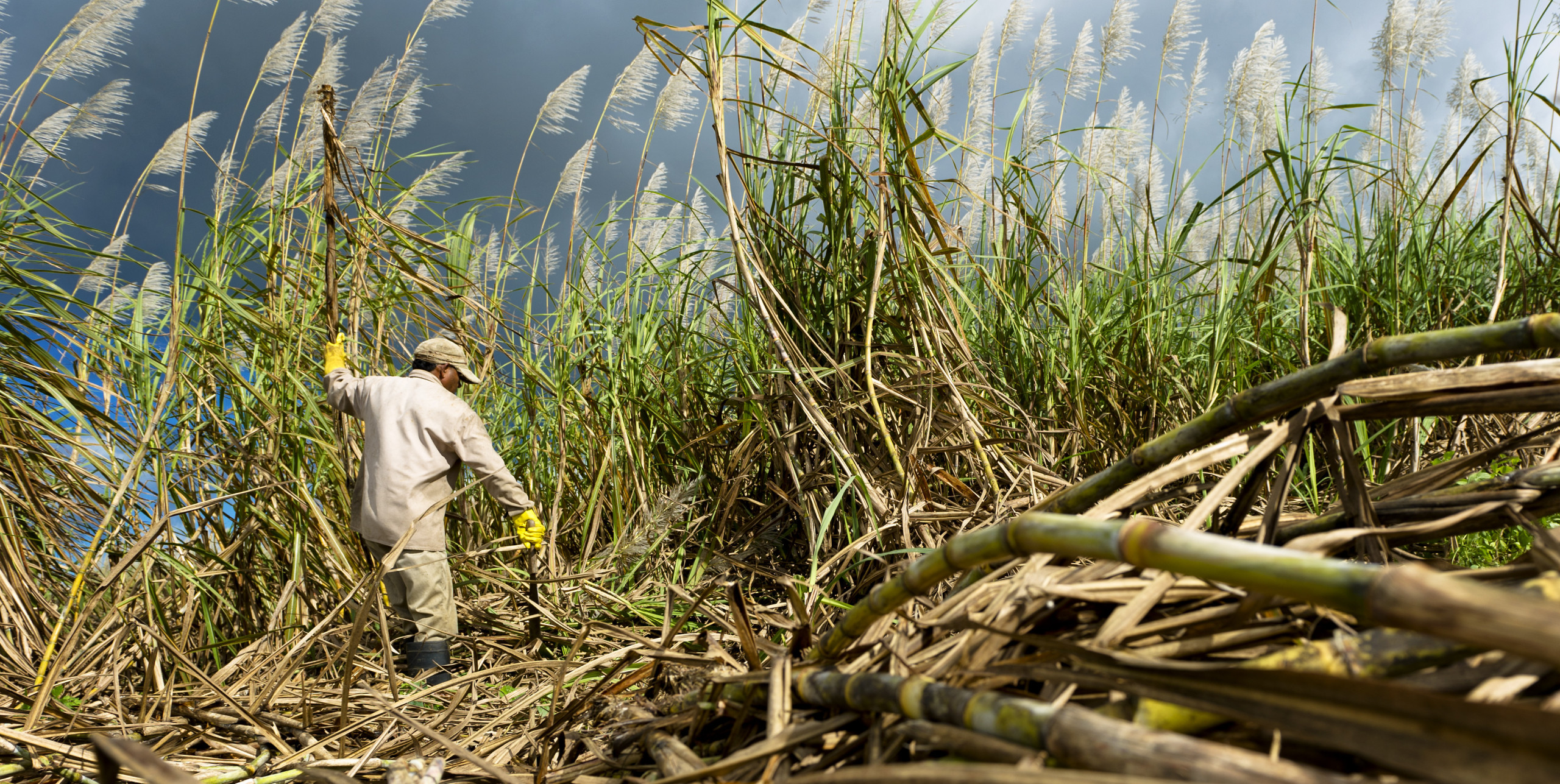
Main findings
Out of a total of 840 participants in this survey, 113 were women and 727 were men.
The approach with which the survey was conducted with the participants was centered on the ILO core conventions on decent work.The main conclusions obtained for each of them are:
Social Dialogue
The vast majority of workers surveyed reported the existence of participatory mechanisms that, in their companies, facilitate social dialogue. The rates vary between each of the participating countries. Social dialogue does not occur in the same way between direct and outsourced workers as the latter do not have full access to these participation mechanisms. The work we now face is to find ways to improve social dialogue so that it includes everyone who works in the sugar industry. .
Trade Union Freedom
The possibility for social dialogue to exist is directly related to the work developed by the unions in each of the companies that are part of this observatory. They have made freedom of association a reality in many of these places. However, there is still a significant gap between sugar workers who have a direct contract with the company and those who are outsourced. The latter have fewer possibilities to join organizations that fight for their rights
Occupational health and safety
The survey also shows mixed conclusions regarding issues of occupational safety and health. Most of the workers surveyed confirmed the existence and effectiveness of PPE (personal protective equipment). However, an increase in the number of occupational accidents was also reported. This survey is presented as a first overview and exposes the need to delve deeper into the health and safety situations faced by sugar workers.
Gender equality
The data collected in this study shows that women in the Latin American sugar sector have significantly lower participation rates in both the workforce and in unions.
The main findings also suggest precarious situations for women sugarcane workers in regard to low wages, informal work, and being associated with a spouse's work, especially if they are working as part of a nuclear family. Moreover, women are often additionally hindered by the burden of having to perform unpaid care work. In Latin America this task falls almost exclusively on women.
Living Wage
With a high tendency towards piece-rate or piece-rate pay, the general perception of workers is that their wages are below the living wage defined for each of their countries. This situation is much more prevalent among workers in the productive stages of planting, field maintenance, harvesting and transportation.
Data dashboard

We invite you to explore the dashboard with the most relevant findings through clear graphs.
For quick access use the yellow index to the right.
Social Dialogue
A positive and constructive social dialogue where trade unions play an important role in navigating conversations between workers and employers is key to the social sustainability of the sector. Good social dialogue consists not only of collective bargaining, it also requires effective grievance mechanisms in the company that employees can use.
In creating this dashboard, we mainly investigated whether collective agreements are in place and if those agreements are being implemented. We also asked the workers if they knew about the grievance mechanisms, if they used them, and if they found them effective. The outcomes for direct workers have been quite positive. However, that conclusion changes when it comes to outsourced workers.
Further, we asked workers for their opinions regarding employee-employer relations. These results are rather positive, as less than 10% of the respondents mentioned anti-union actions.
Satisfaction
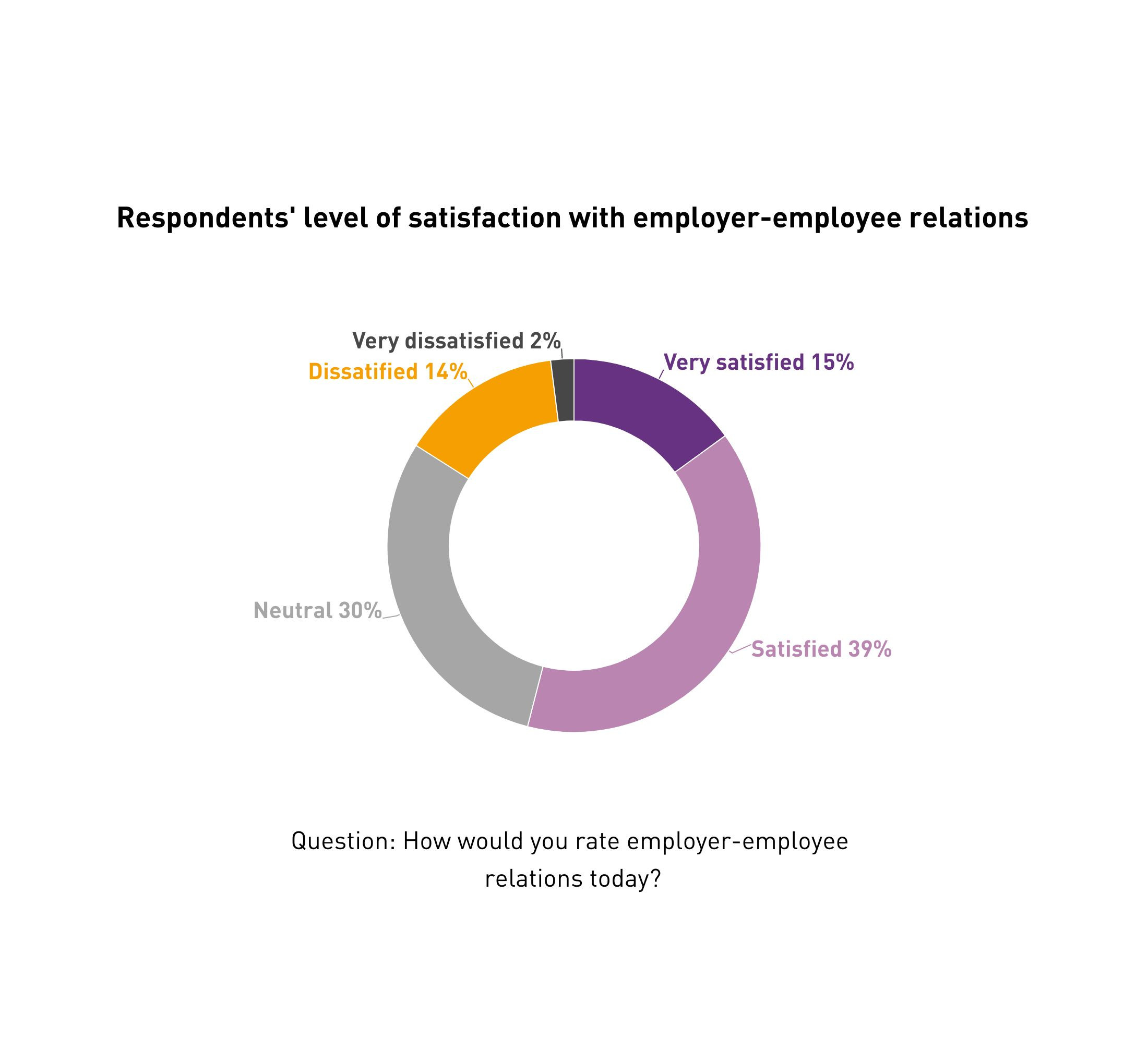
Anti-union actions
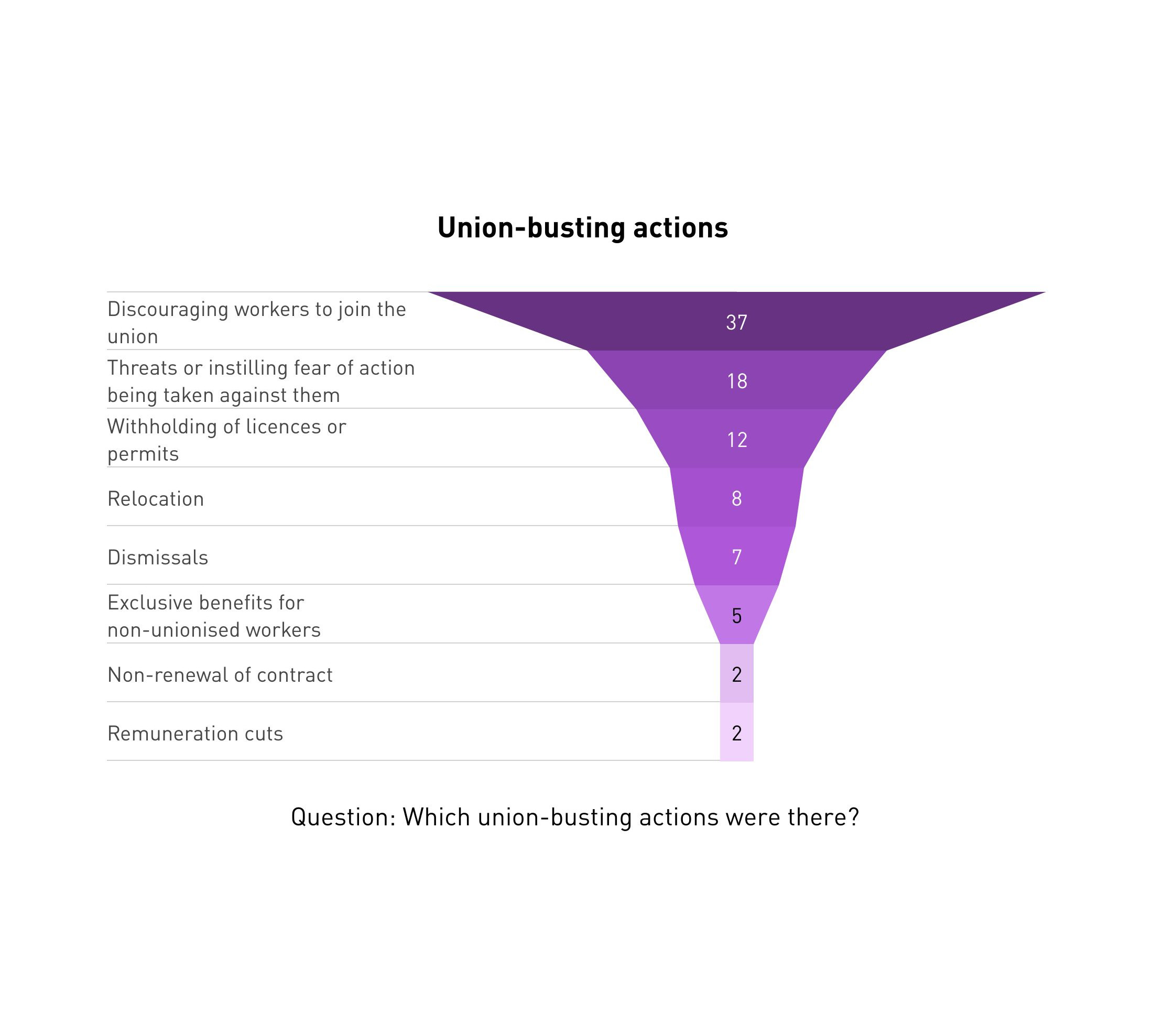
Collective Bargaining Agreements
Collective bargaining agreements
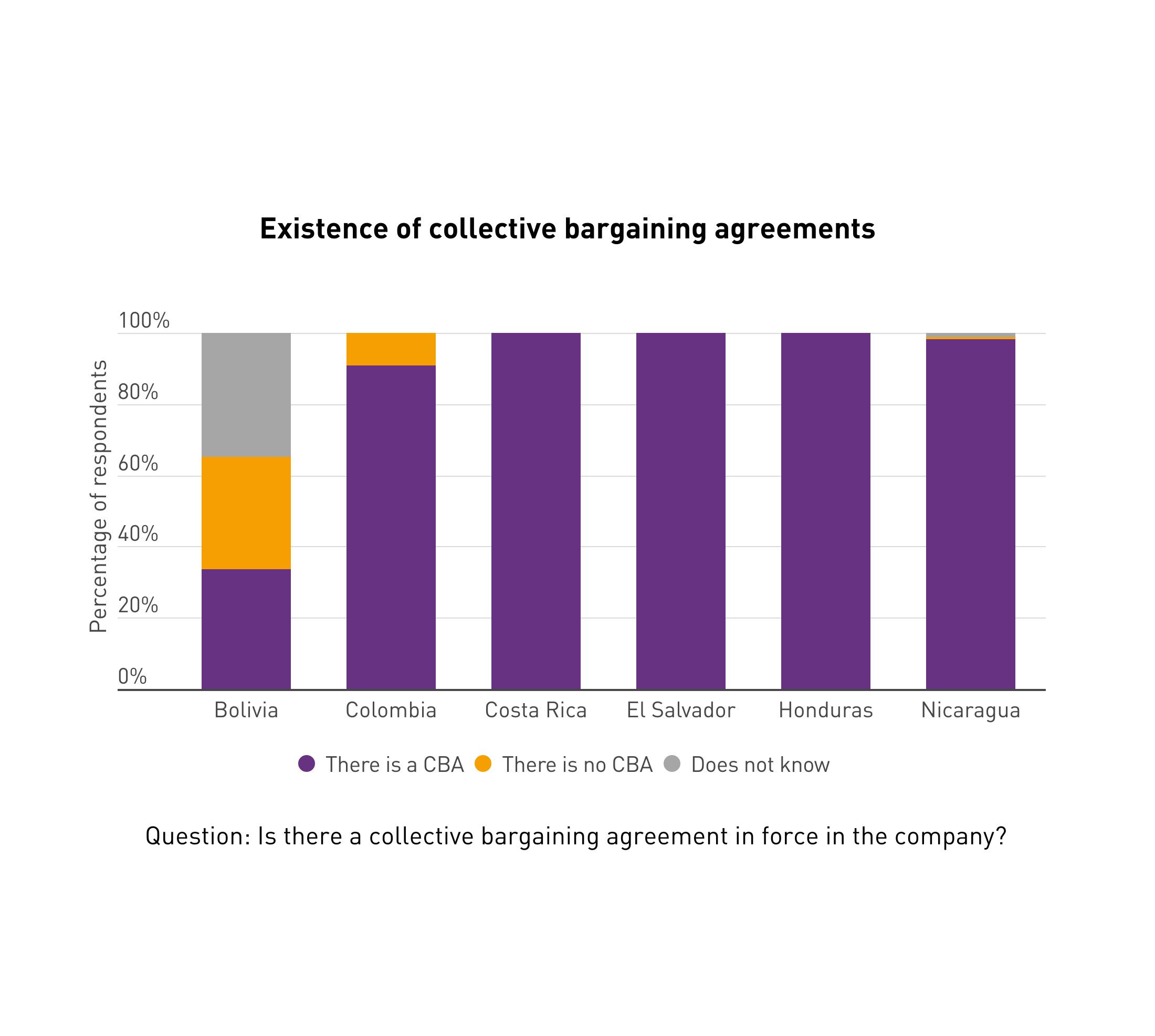
Compliancy with Collective Bargaining Agreements
per country
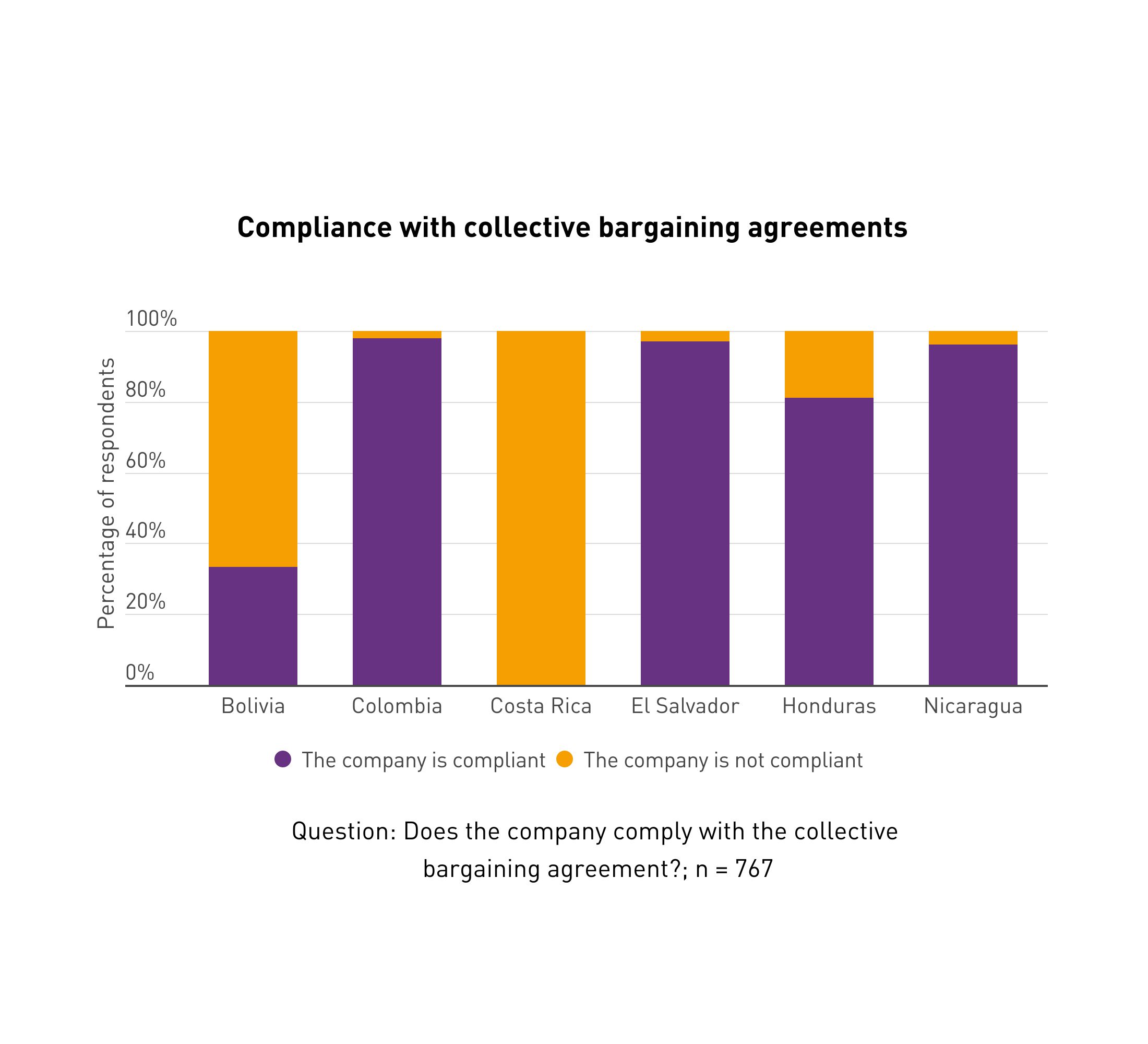
Compliance with Collective Bargaining Agreements
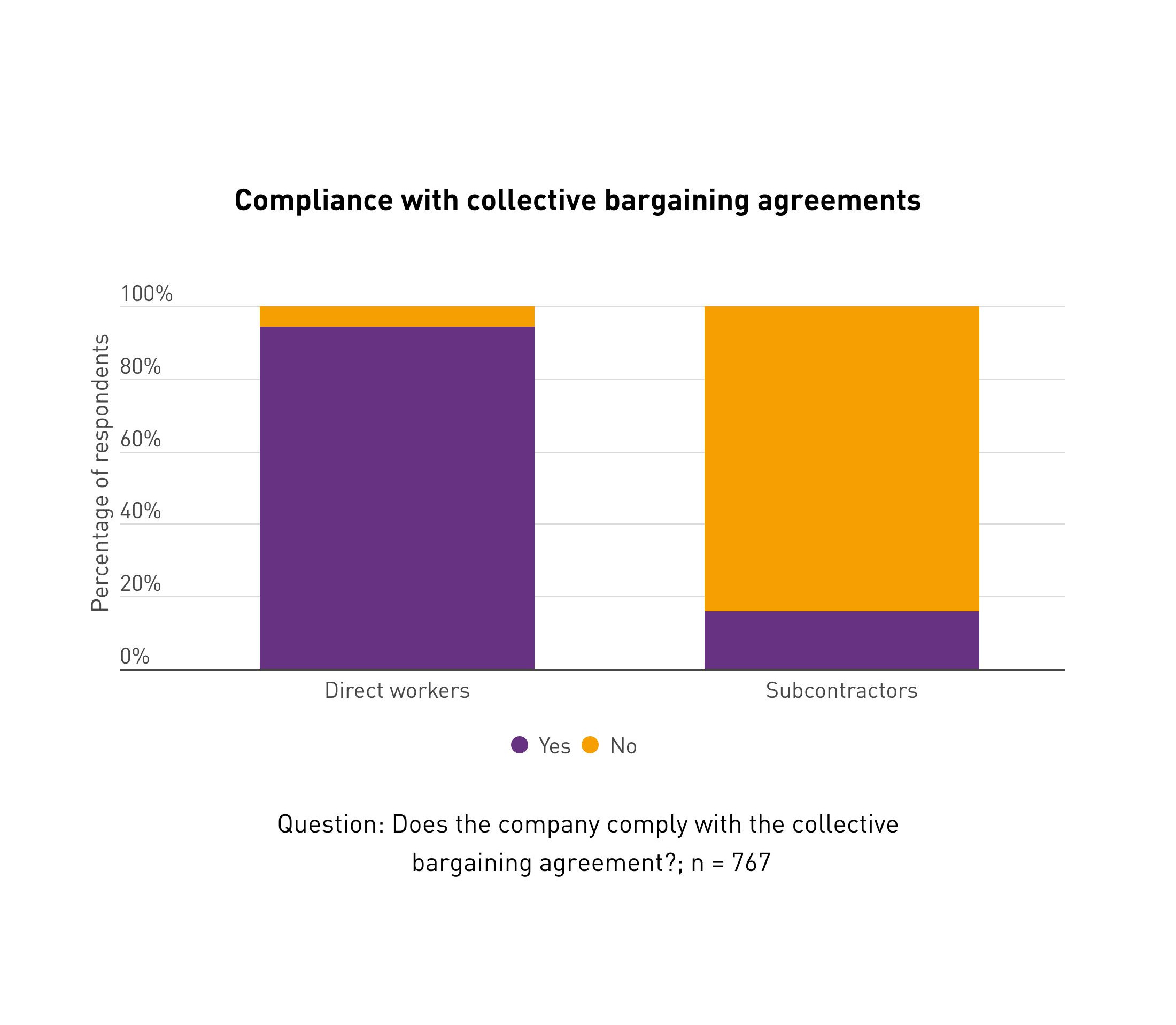
Grievance mechanisms
Familiarity
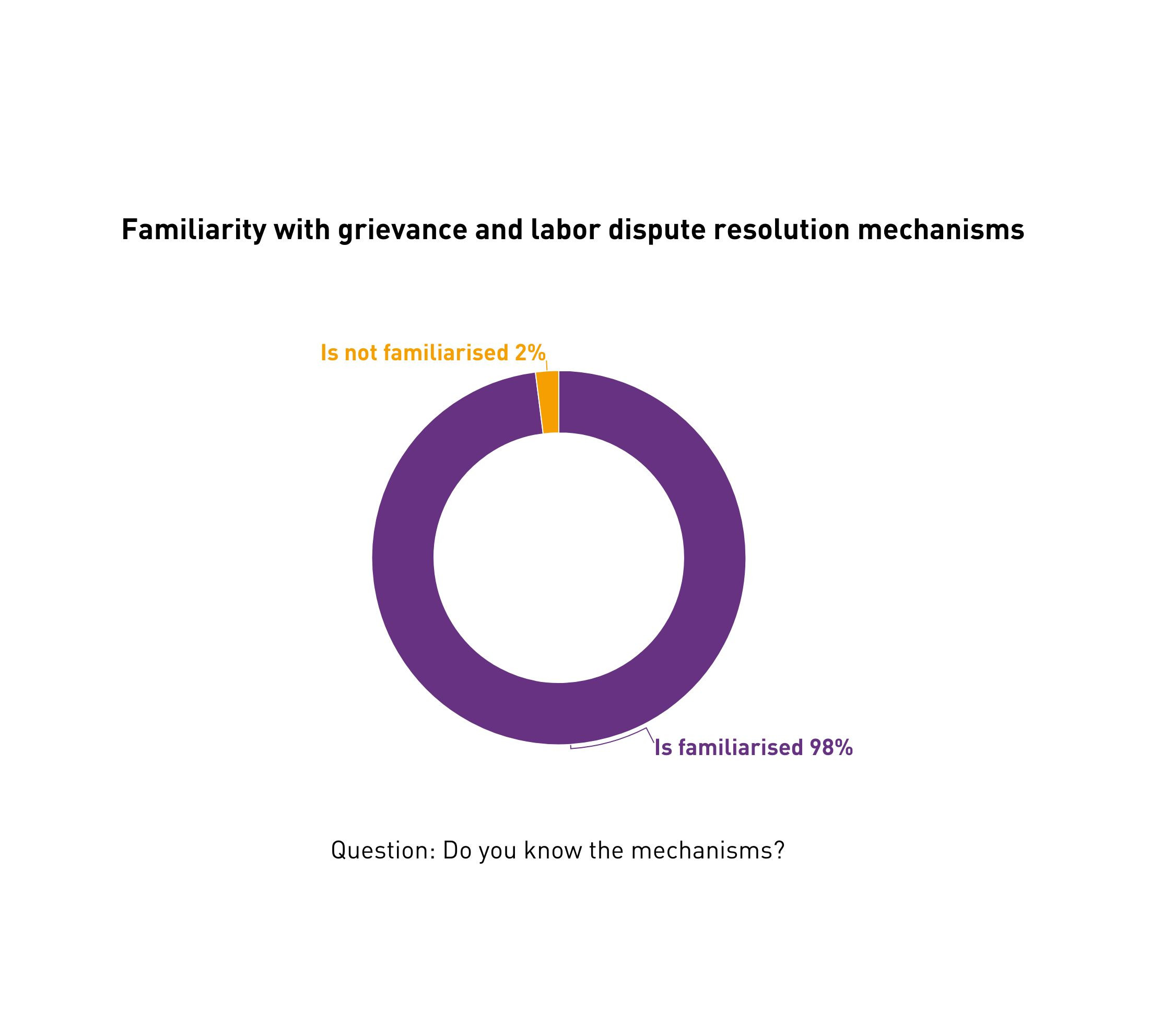
Presence of grievance and conflict resolution mechanisms
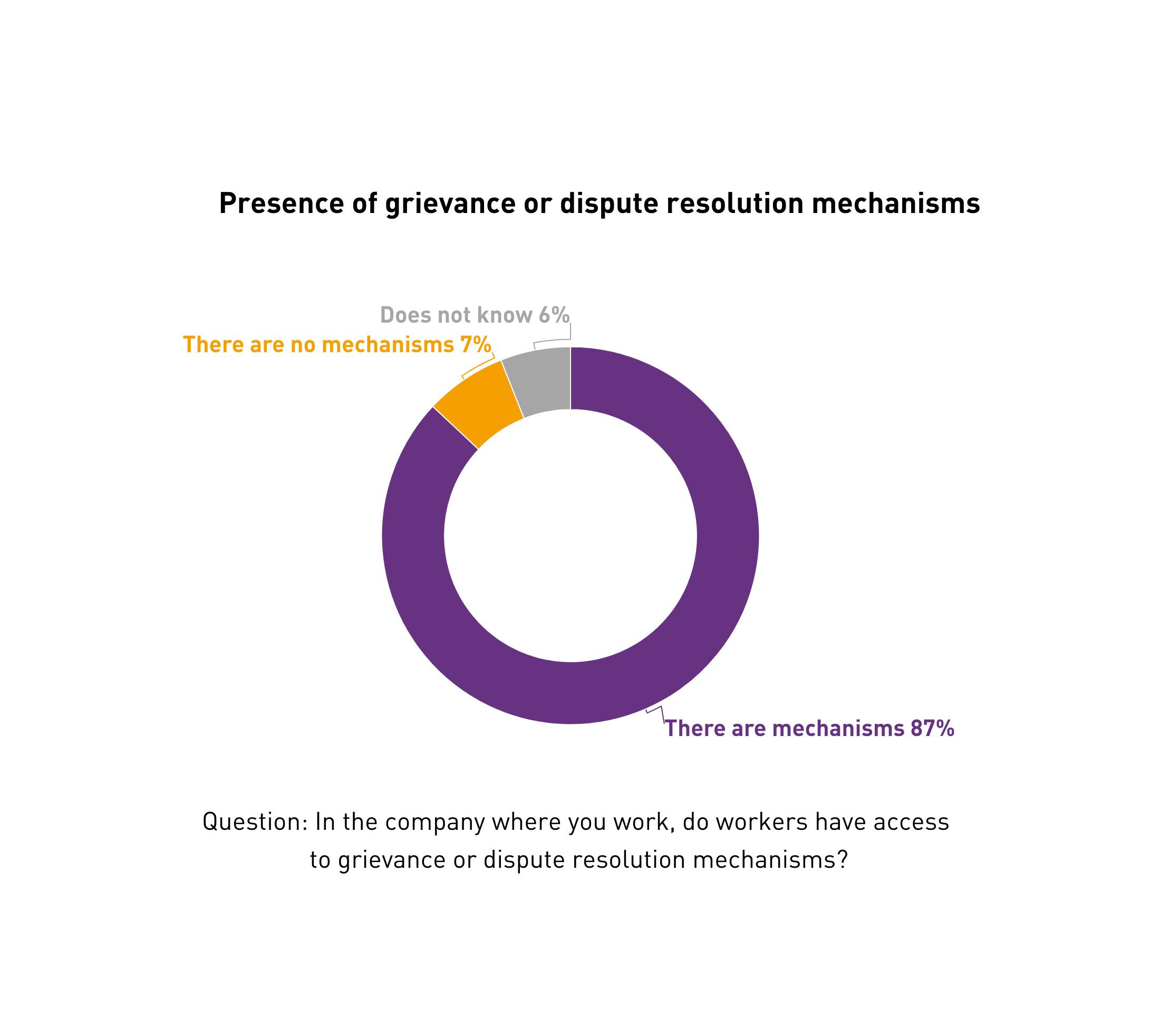
Use of complaint mechanisms
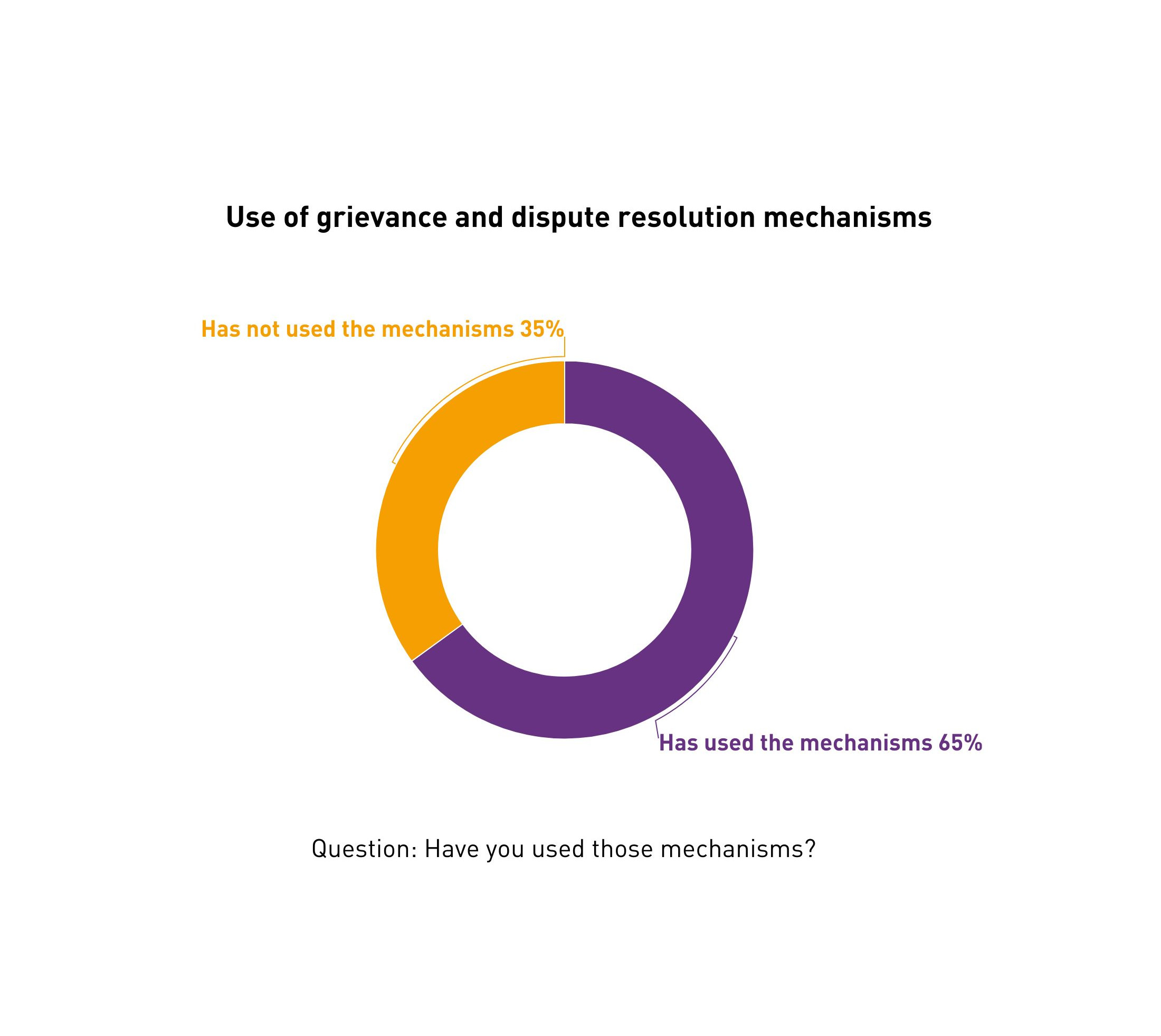
Efectivity
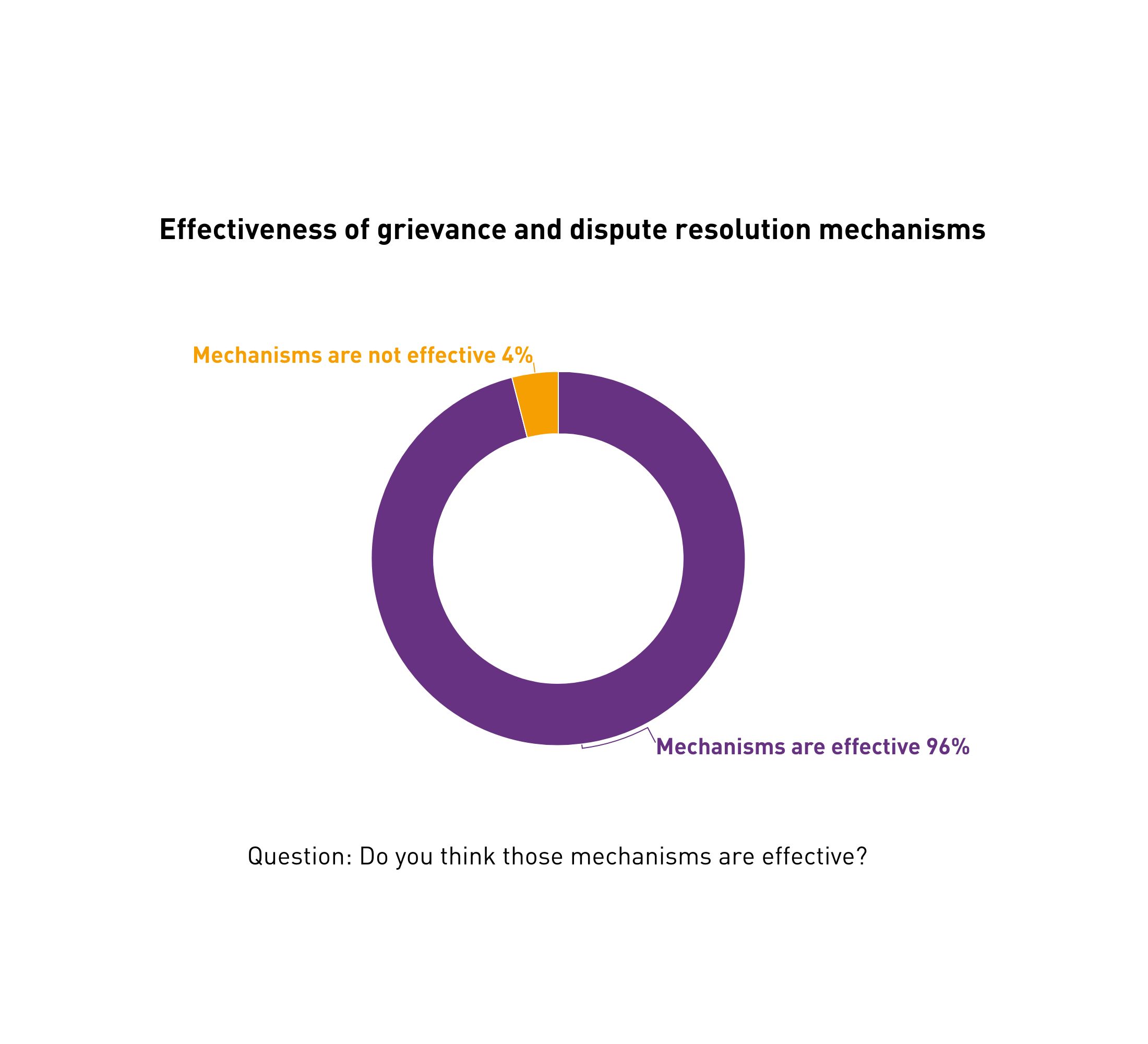
Labour conditions
The Labour Rights Observatory monitors fundamental internationally recognized labour rights that should be part of the sugar industry's labour regulations and certificates. These human rights principles have been outlined in the conventions of the International Labour Organization (ILO). They include safety and health at work, decent wages, child labour, freedom of association, working conditions for outsourced or subcontracted workers, and gender equality in the workplace.
Many of these issues influence each other. For instance, a low wage can force workers to work overtime, and sometimes even force them to bring their children to work. Also, companies with a high percentage of outsourced workers have higher health and safety risks since these workers often receive less training than direct workers regarding the use of Personal Protective Equipment (PPE). It is for exactly this reason that we have put together a dashboard reviewing these indicators, as they provide valuable information on working conditions.
Working hours and wages
Minimum wage and working hours
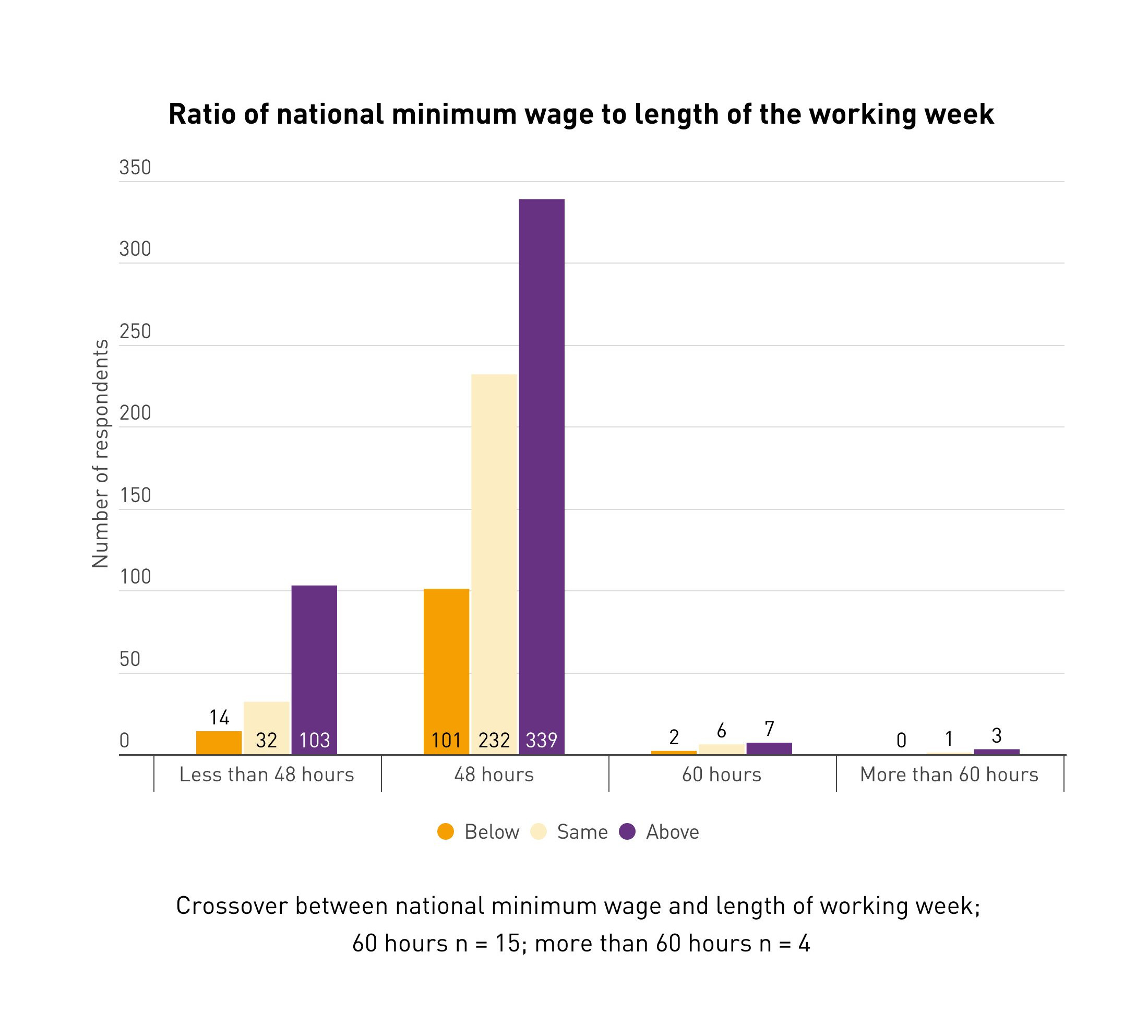
Payment
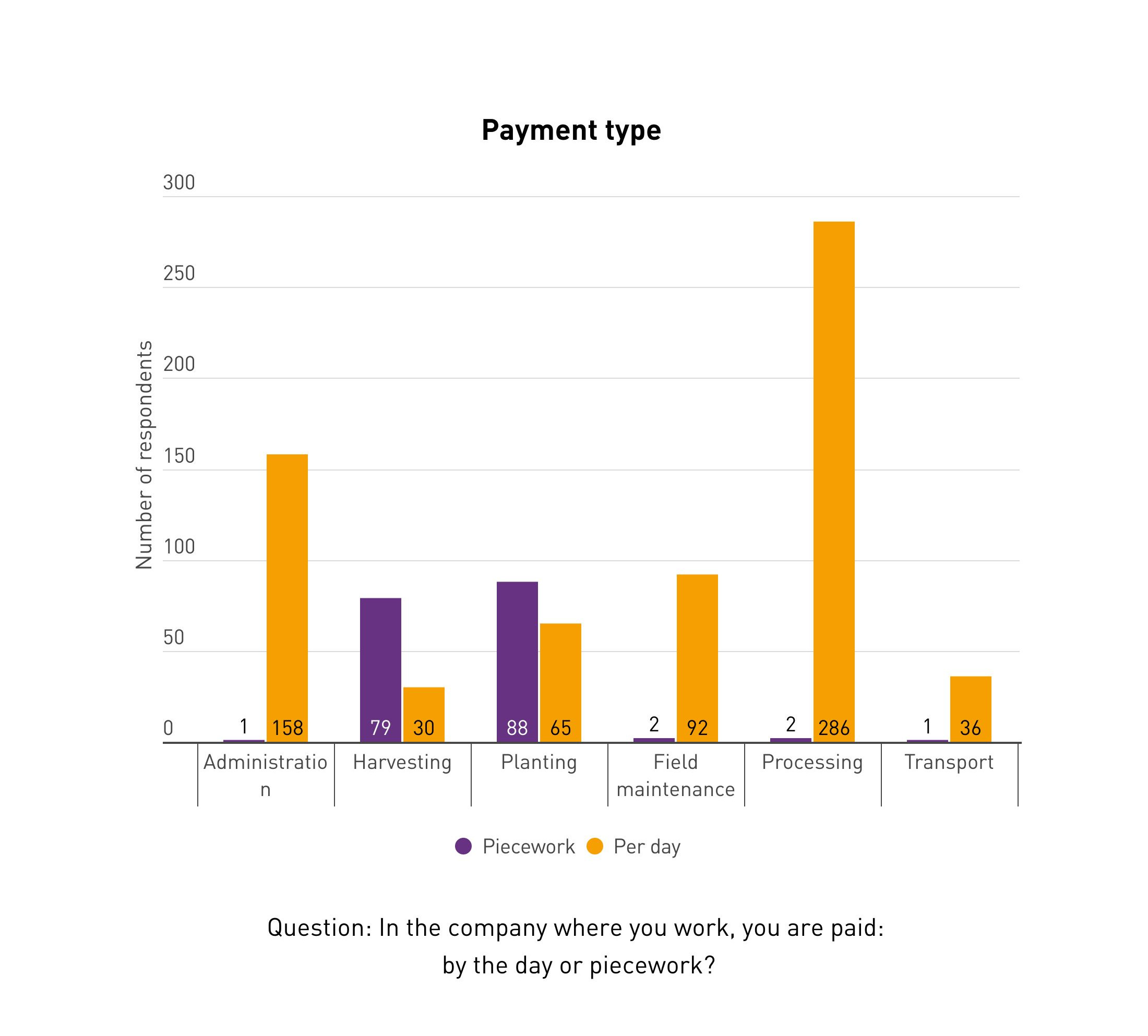
Living wage and minimum wage
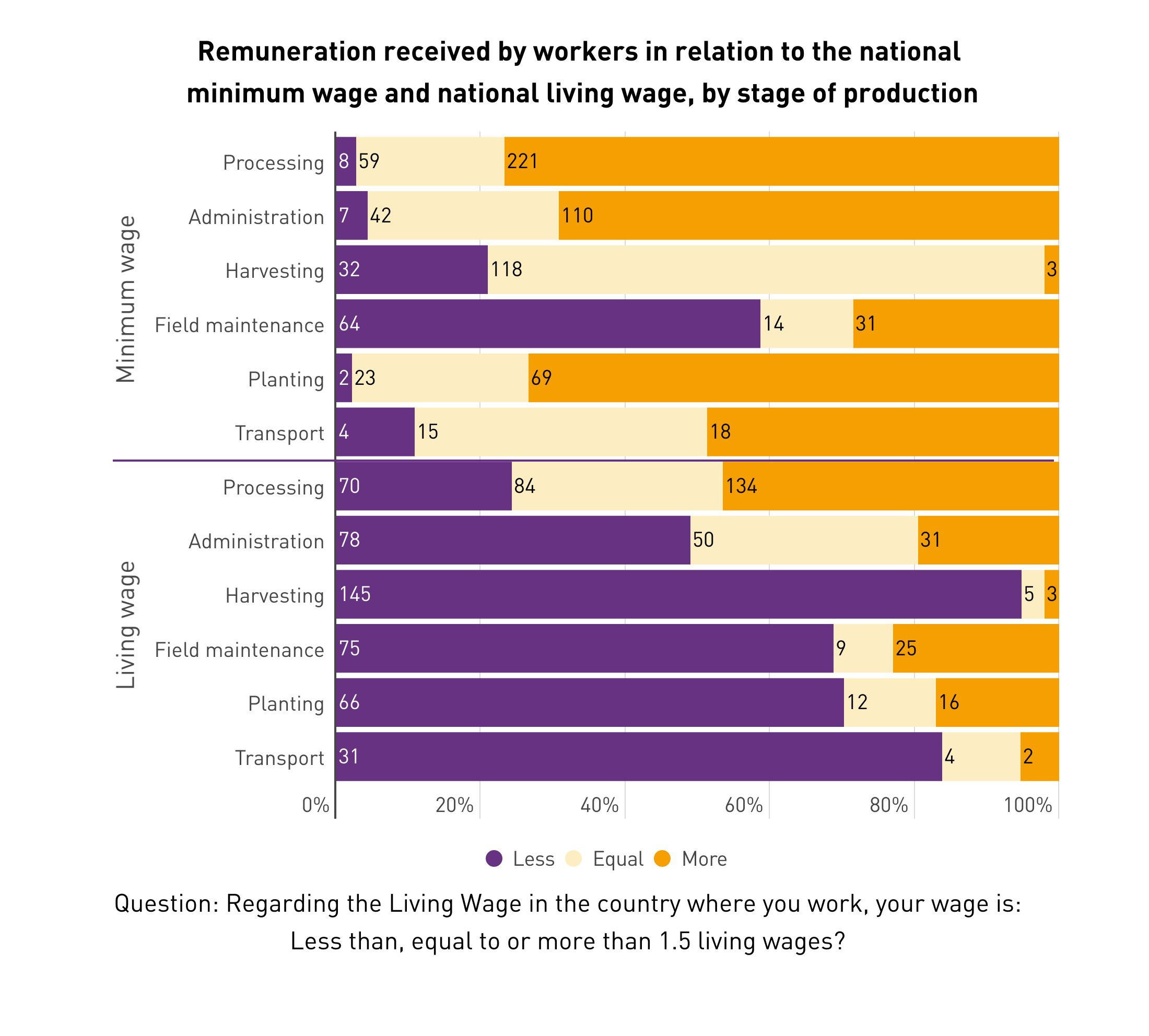
Forced overtime
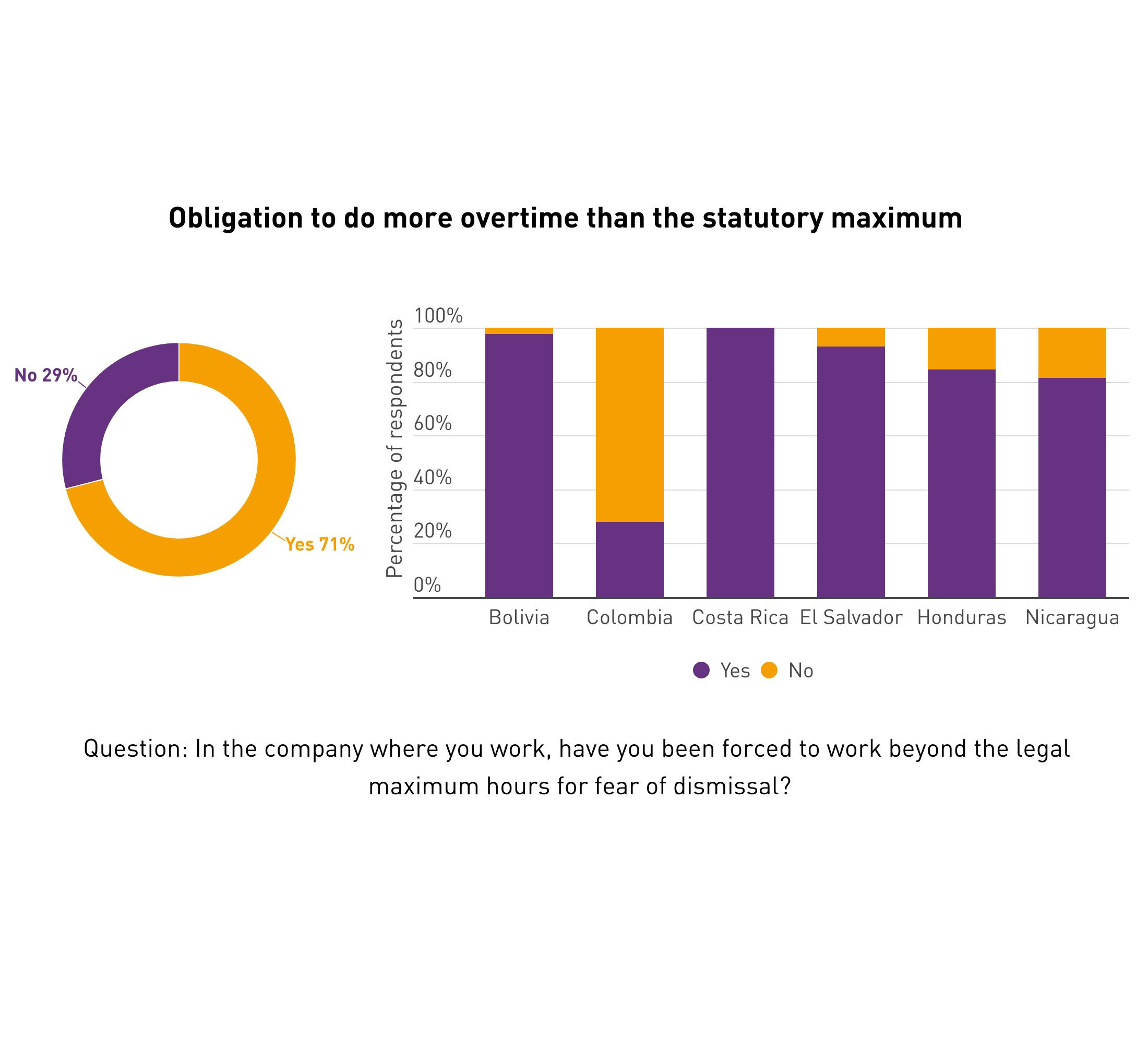
Child labour
Child Labour
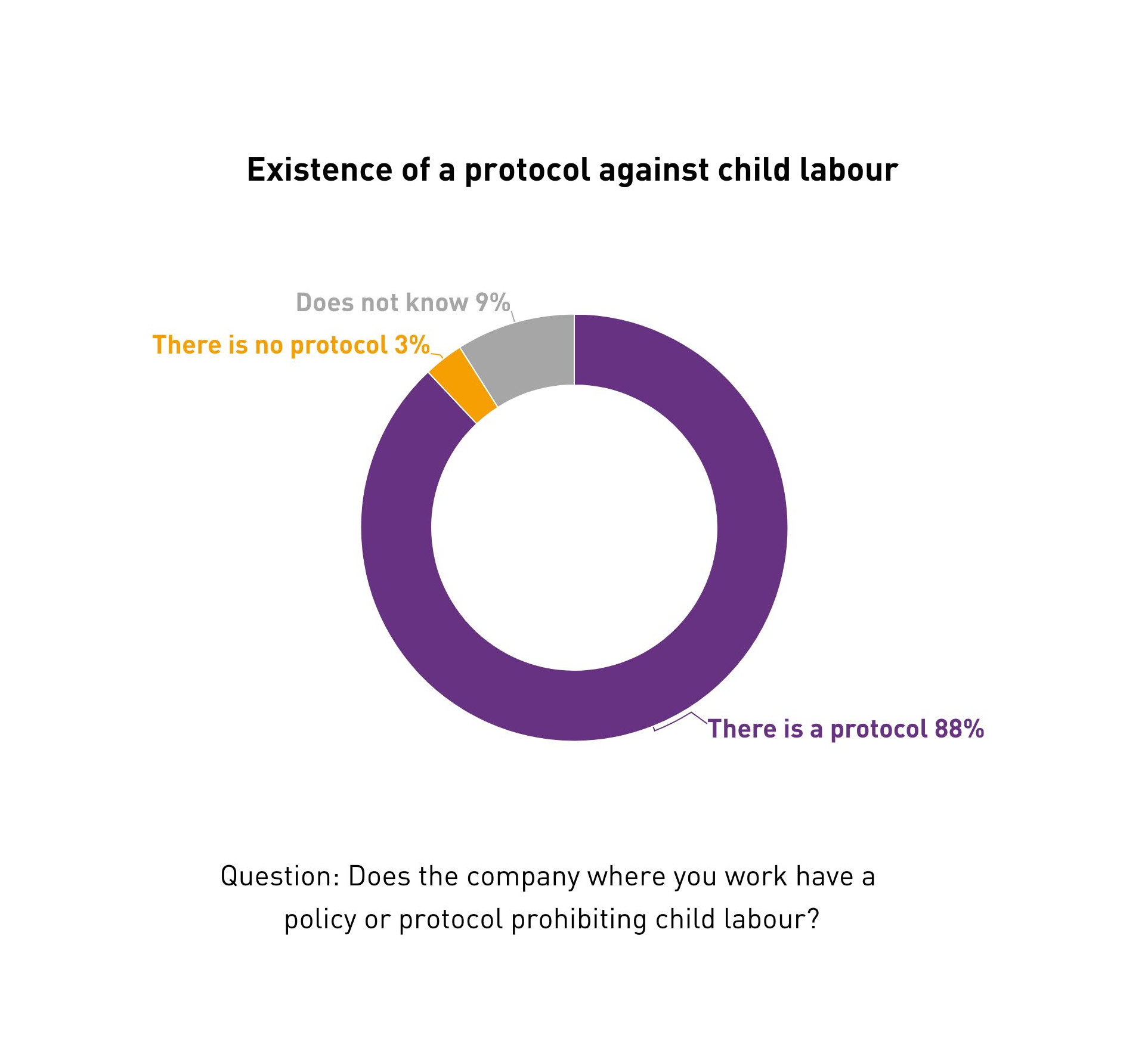
Occupational health and safety
Lack of appropriate protective equipment
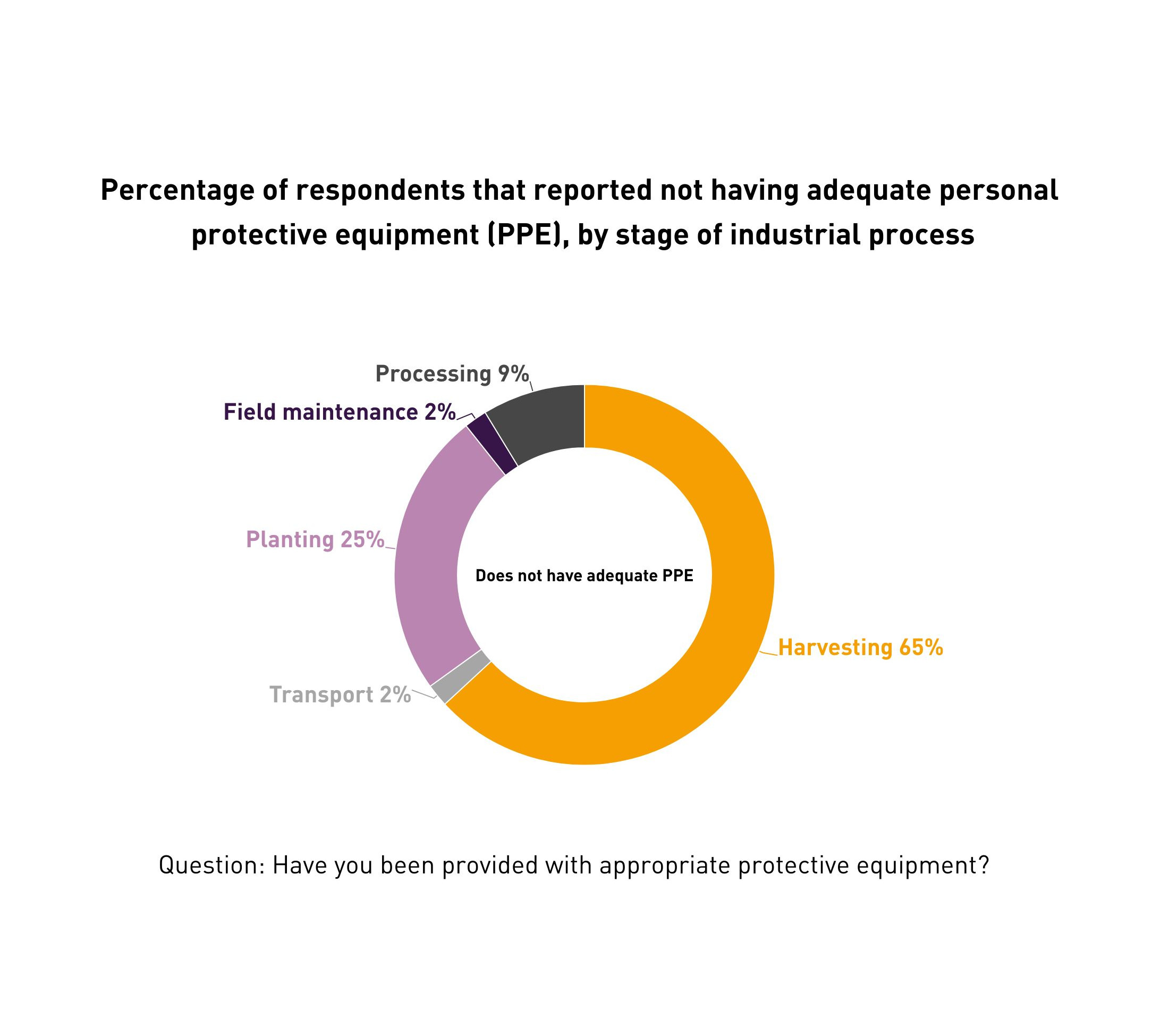
Accidents
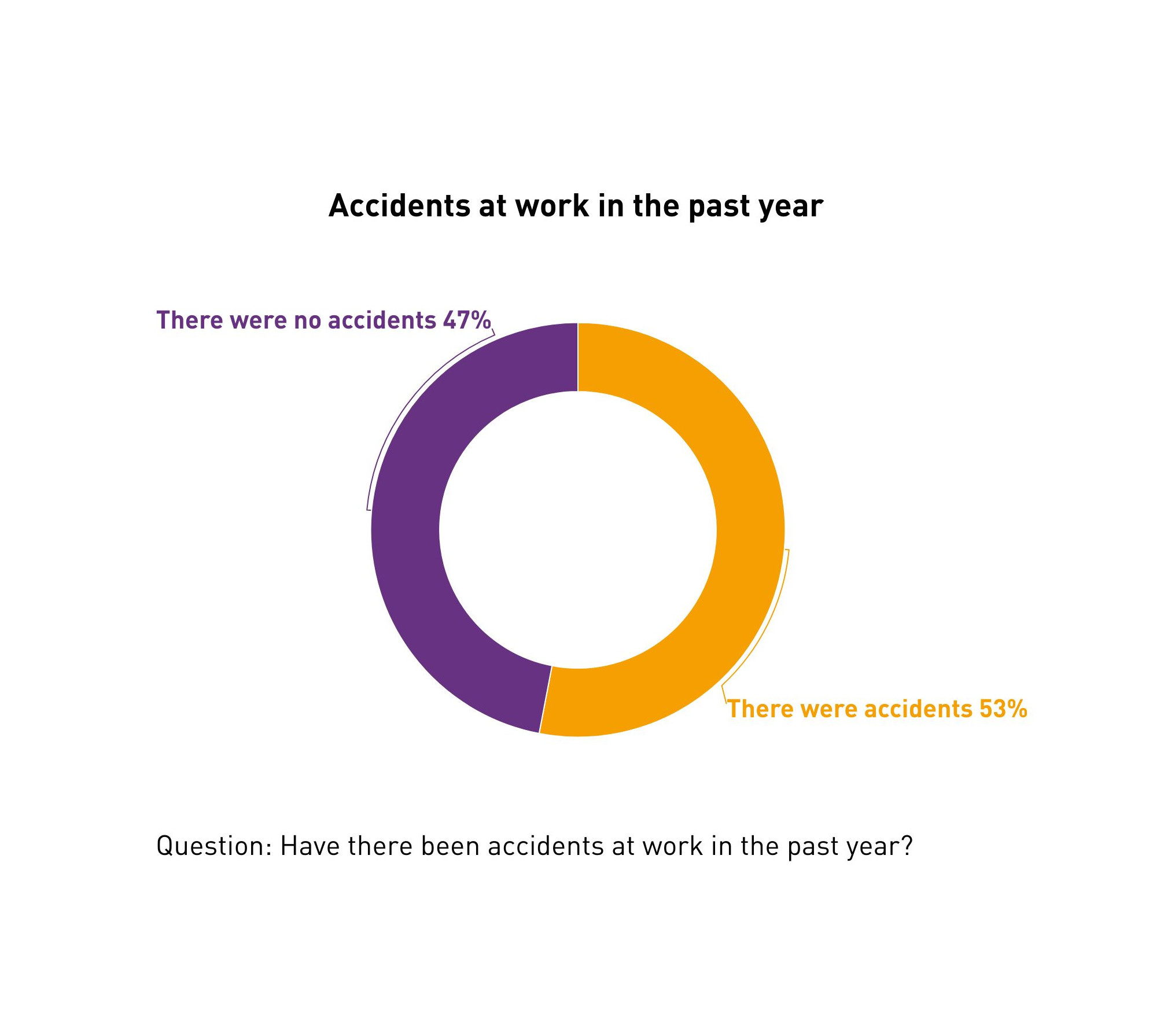
Training direct workers
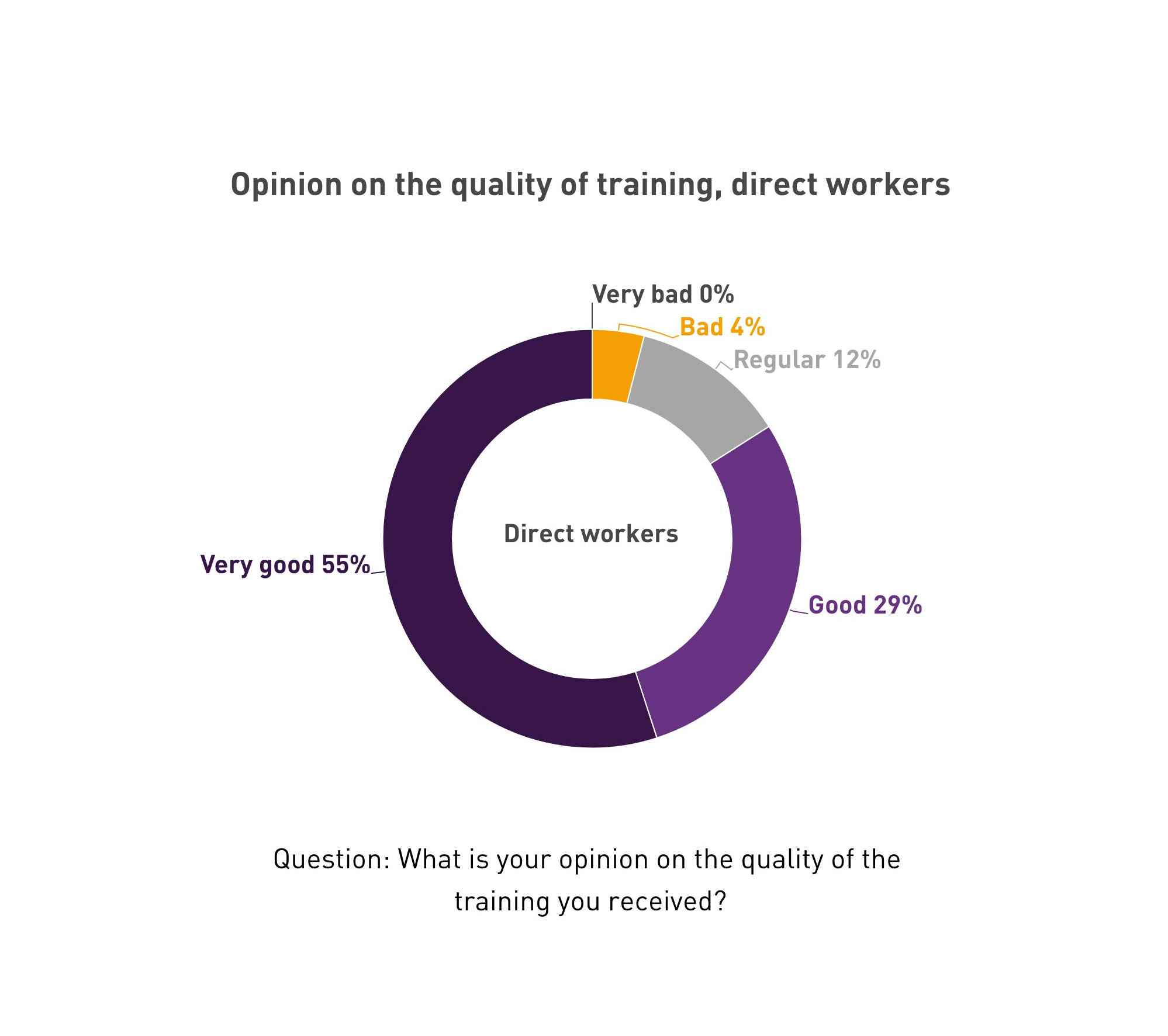
Training
subcontracted workers
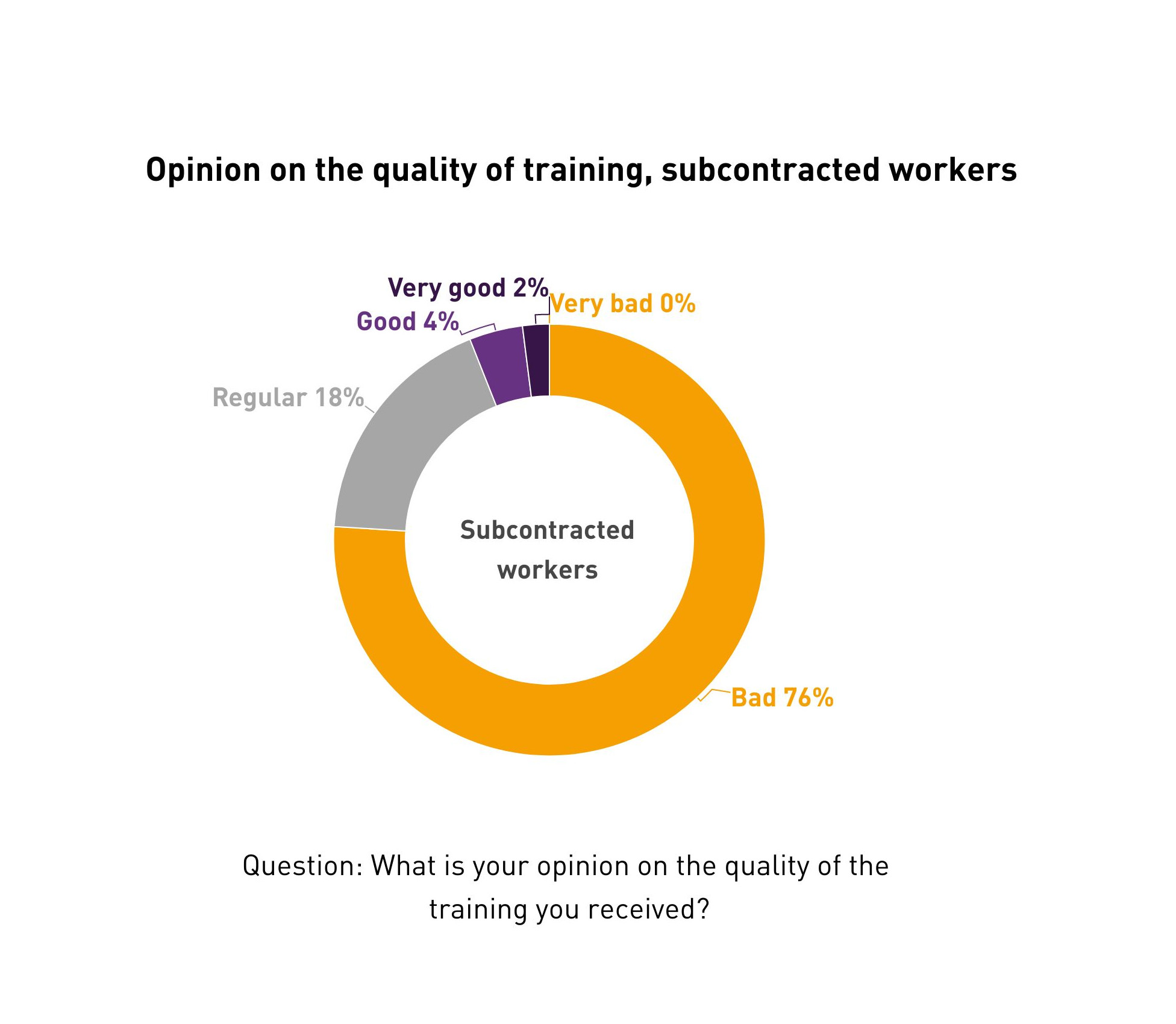
Gender and harassment
Gender committee, harassment at work
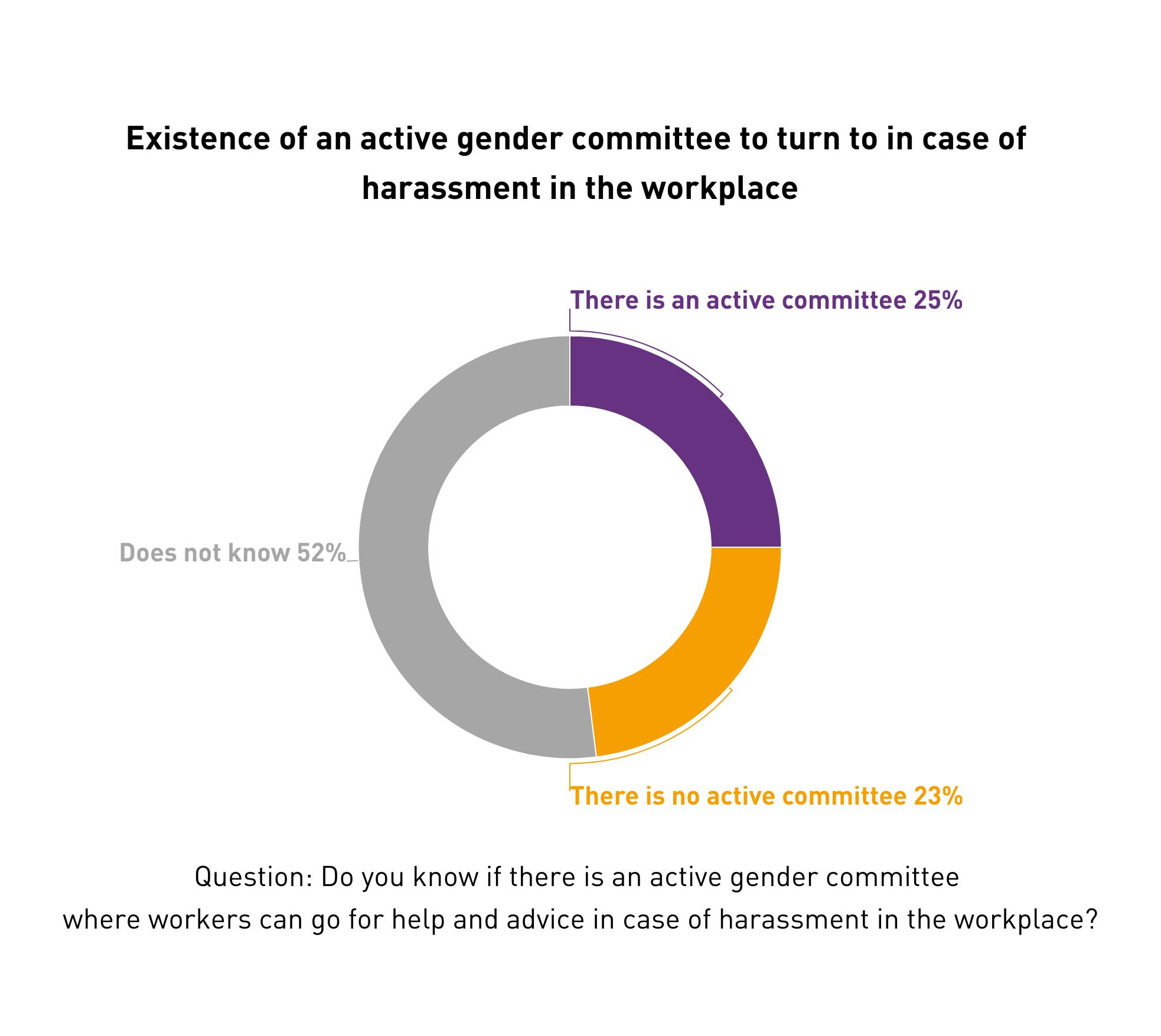
About the participants
The voice-to-voice strategy snowballed, as it was possible to collect the voices of more than 800 workers from Bolivia, Colombia, Costa Rica, El Salvador, Guatemala, Honduras, and Nicaragua. This exercise has turned out to be a step forward in the arduous task of achieving honest and direct social dialogue that includes everyone.
Age
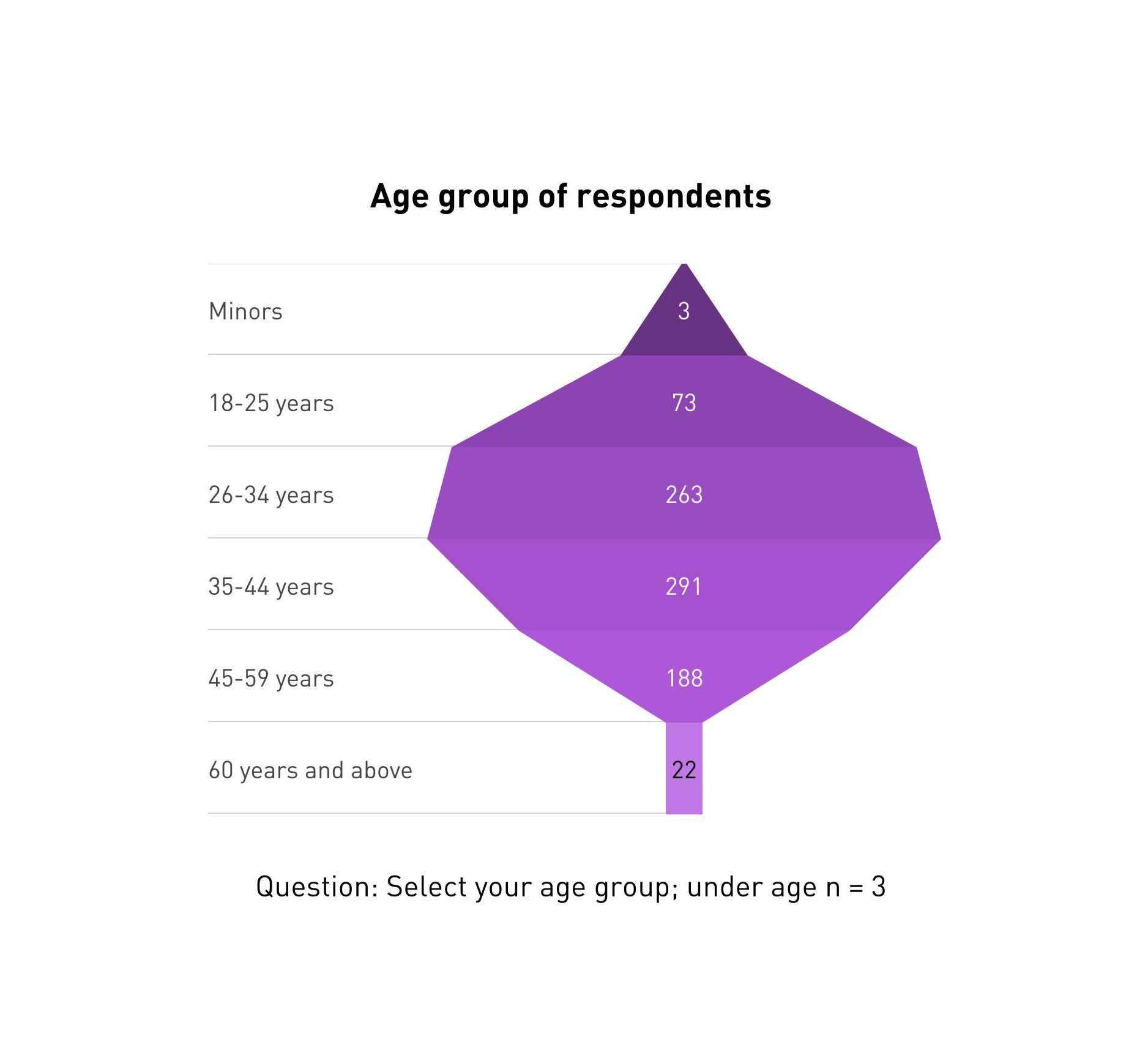
Stage in the production process
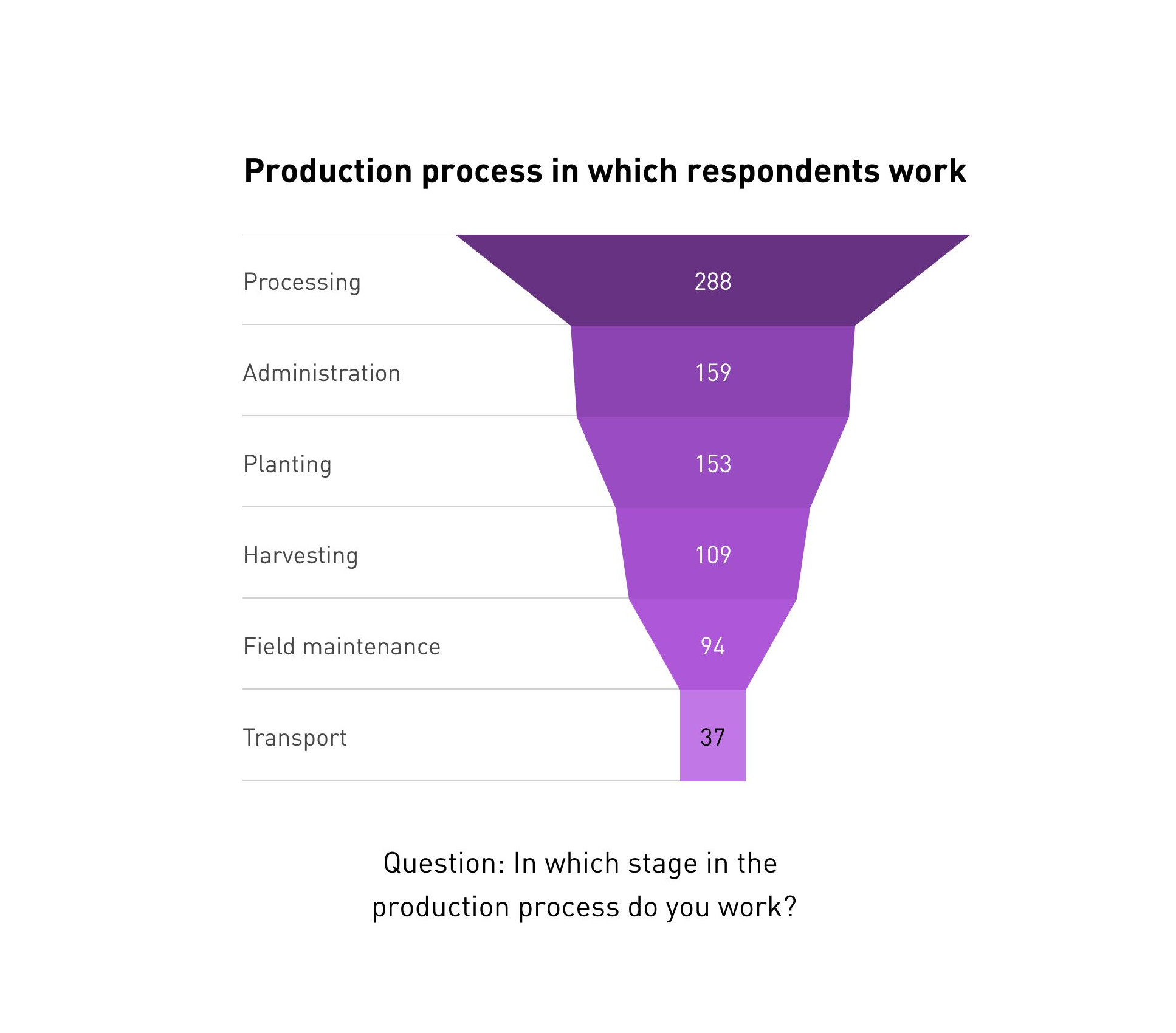
Production process in which respondents work, by country
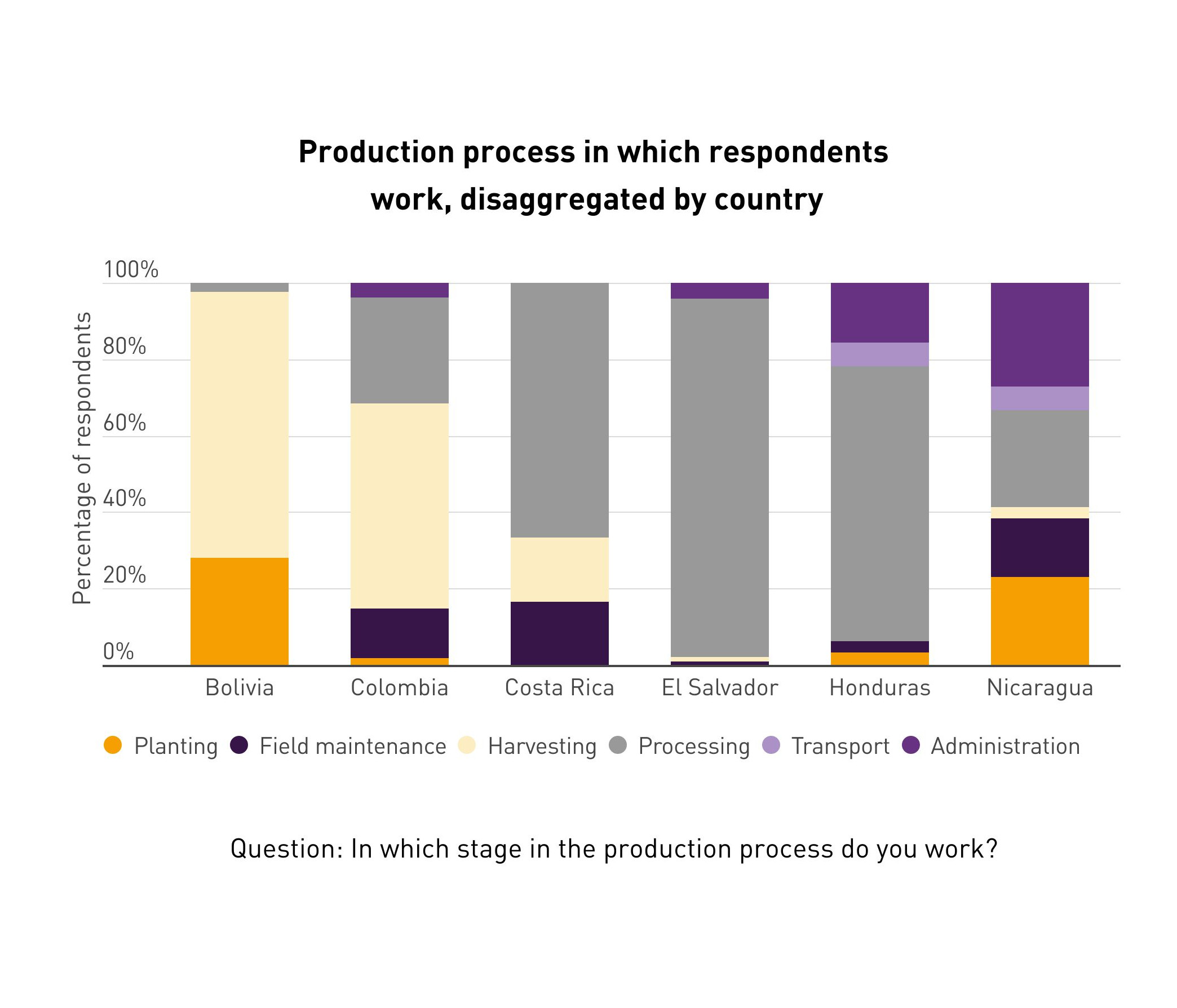
Gender
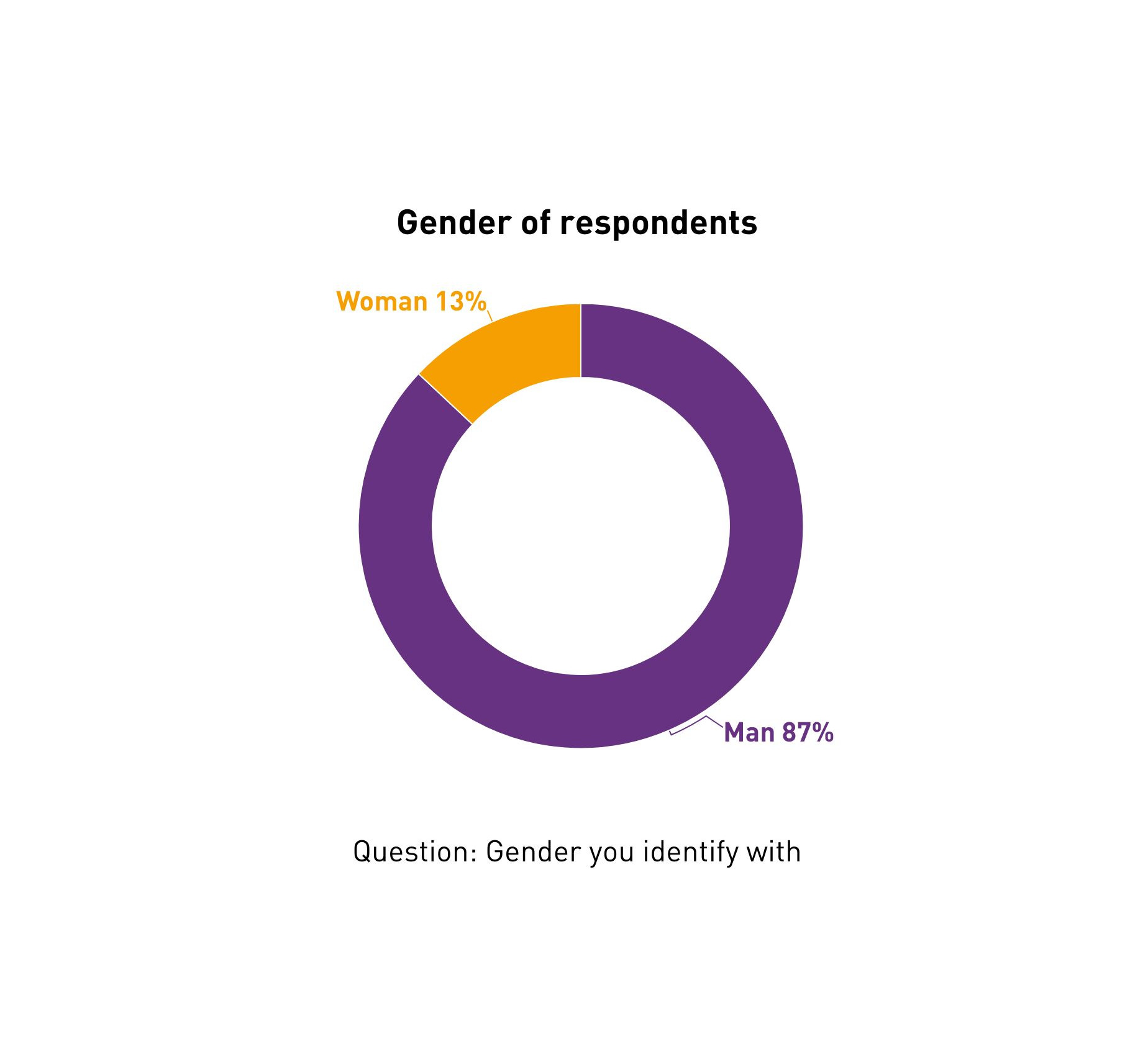
LEARN MORE
First annual report for the Latin American sugar cane sector
Feedback
There is still much to be done, not only in terms of expanding on the information and analyses in the coming years, but also in terms of developing the methodology. We are aware that this is just the beginning.
Our objective is to make this dashboard increasingly robust and reliable.
In this spirit, we also invite everyone who reads the report to share their observations and suggestions to us by mail: internationaal@cnv.nl